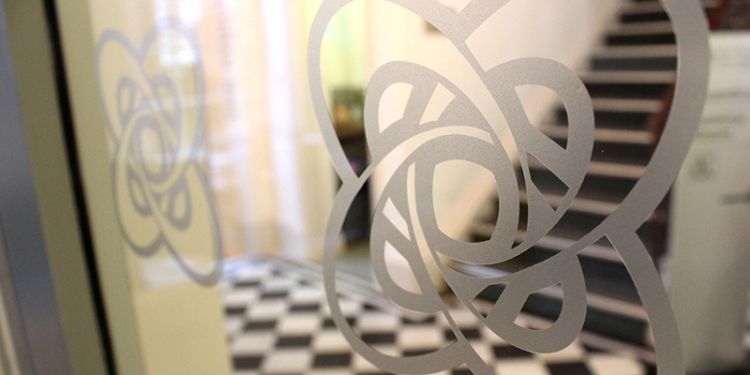Research seminar: Wellbeing and intellectual property

- Date: Wednesday 12 May 2021, 12:00 – 13:15
- Location: Inter-Disciplinary Ethics Applied
- Cost: Free
As part of IDEA's 2020-21 research seminar series, we welcome Dr Tim Taylor, Visiting Research Fellow with expertise in philosophy and measurement of wellbeing, philosophy of value, and metaethics.
Abstract
“The dominant justification for intellectual property rights (IPR) is incentive theory, which holds a) that it is desirable in utilitarian terms for inventions and creations to be produced, and b) that since inventions and creations are easily copied, IPR are needed to provide an incentive to authors and creators.
Utility has come to be defined in purely economic terms: economic indicators such as GDP are regarded as proxies for national wellbeing, and the goal of intellectual property law is seen as the maximisation of aggregate wealth. We acknowledge that incentive theory and utilitarian considerations are relevant to IPR.
However, we argue that utility should be construed directly in terms of human wellbeing, rather than using economic proxies. The case for IPR should be evaluated in terms of the likely impact of creations and inventions on wellbeing, making use of the extensive body of literature on the measurement of well-being and the impact of various factors upon it.
The wellbeing approach argues for a more cautious and nuanced evaluation of IPR than currently prevails. Encouraging invention or creation in a particular field may increase general wellbeing in some way. But if a creation or invention is likely to decrease wellbeing, that would be a point against it. In some fields where innovation is desirable, IPR may not be the best way to incentivise it. We make no claim that utilitarian considerations are the only ones relevant to the justification of IPR. Others – eg justice, environmental considerations – may also have a role to play.”
Find out more about Dr Tim Taylor.
Join the seminar
Join this free event via Microsoft Teams.
Please see our 2020-21 schedule for more upcoming research seminars.
This research seminar series of webinars is curated by Dr Andrew Kirton.

